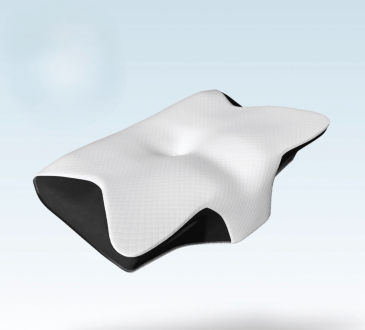
Newborn overnight care can feel overwhelming, especially for new parents adjusting to sleepless nights. But with the right approach, these nights can become more manageable. Understanding your newborn’s needs and creating a soothing environment can make all the difference.
This guide will provide you with practical tips to ensure that overnight care is smooth, comforting, and restful for both you and your baby. From creating a calming bedtime routine to mastering feeding techniques, these insights will help you navigate those early nights.
Prioritize a Calming Bedtime Routine
Establishing a calming bedtime routine is crucial for effective newborn overnight care. A consistent routine signals your baby that it is time to wind down. This can include a warm bath, gentle rocking, or a soothing lullaby.
Keep the routine simple and consistent. Repetition helps your newborn recognize that sleep is approaching. Over time, this will promote better sleep patterns and reduce restlessness during the night.
Maintain a Comfortable Sleep Environment
Creating a safe and cozy sleep environment is essential for your newborn. Use a crib or bassinet with a firm mattress, free from pillows, blankets, or stuffed toys. A comfortable room temperature, ideally between 68°F and 72°F, is ideal.
Consider a white noise machine to mask disruptive sounds. Dim lighting is also helpful, making it easier for your baby to distinguish between day and night, which supports a healthy sleep schedule.
Master Newborn Overnight Care with Efficient Diaper Changes
Efficient diaper changes are a key part of successful newborn overnight care. Keep diaper supplies nearby, including wipes, clean diapers, and diaper cream. Make sure everything is within easy reach to avoid unnecessary movement.
Keep nighttime diaper changes quiet and quick. Use a soft nightlight instead of bright lighting, and avoid excessive interaction. This helps your newborn return to sleep faster, reducing overall sleep disruption during newborn overnight care.
Feeding Strategies for Peaceful Nights
Proper feeding techniques are vital for restful newborn overnight care. If breastfeeding, ensure a comfortable position that minimizes movement. If bottle-feeding, prepare the bottle in advance for quicker access.
Keep feedings calm and quiet. Avoid stimulating your newborn with loud noises or playful gestures. Burp your baby gently to prevent discomfort, but maintain a soothing tone to encourage a smooth transition back to sleep.
Keep Lighting Minimal During Nighttime Care
Managing light exposure is crucial for effective newborn overnight care. Use a soft, warm nightlight for visibility without overstimulation. Avoid bright overhead lights, which can disrupt your newborn’s ability to fall back asleep.
This gentle lighting helps your baby associate darkness with sleep and light with waking, supporting the natural development of their internal clock. It also makes nighttime tasks easier for you without disturbing your baby’s rest.
Understand and Respond to Newborn Sleep Patterns
Understanding your newborn’s sleep patterns is key to providing effective overnight care. Newborns typically sleep in short bursts, waking for feeding and comfort. These patterns are normal and will gradually develop into longer stretches.
Learn to distinguish between different types of cries. Not every sound means your newborn is hungry. Sometimes, they may just need a moment to settle themselves back to sleep. Patience and observation are crucial during these early months.
Conclusion
Effective newborn overnight care is about creating a calm, safe, and comforting environment for your baby. By establishing a consistent routine, maintaining a soothing sleep setting, and understanding your newborn’s needs, you can make nighttime care smoother for both you and your baby.





